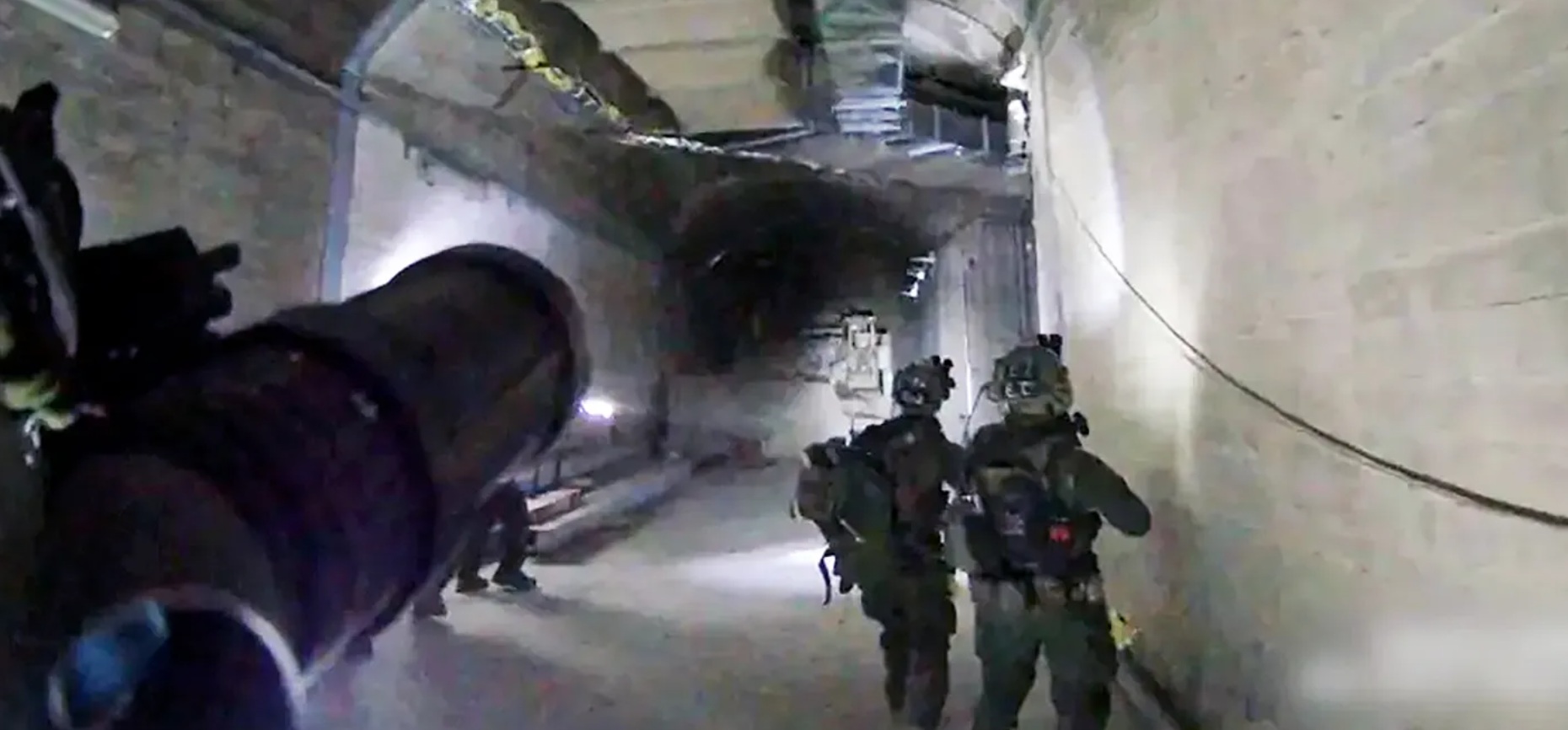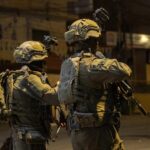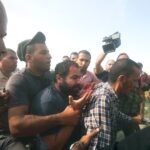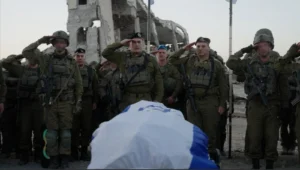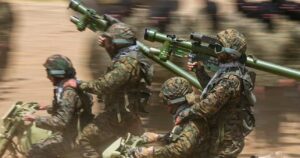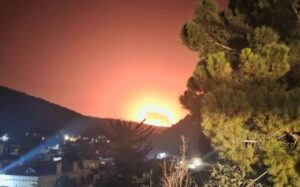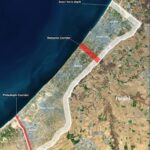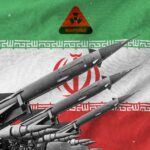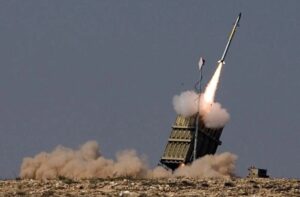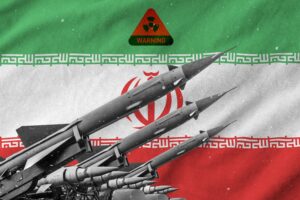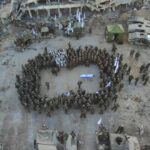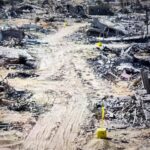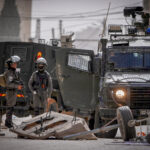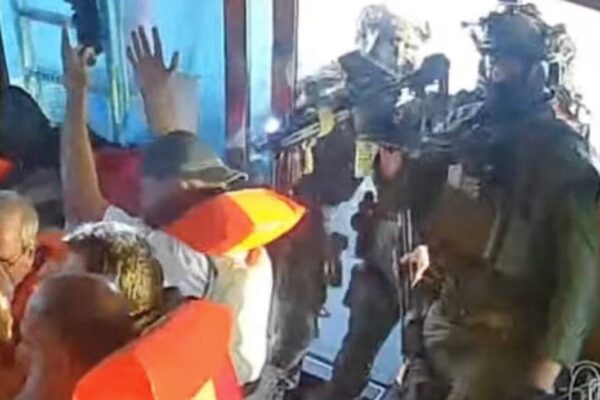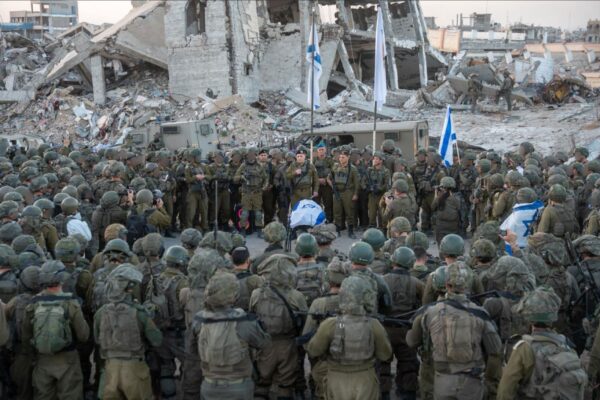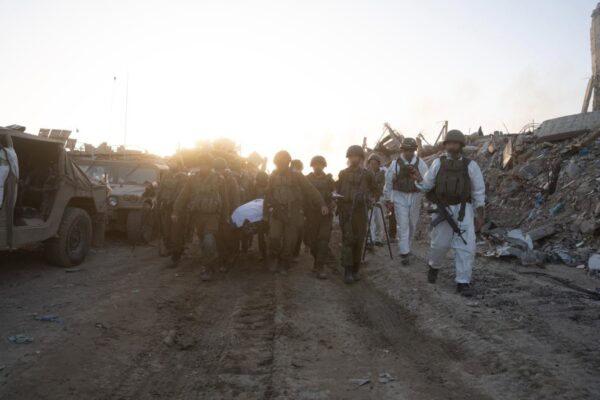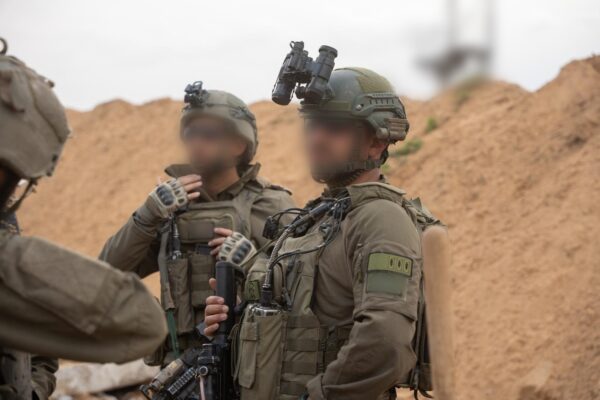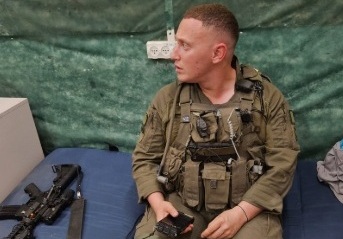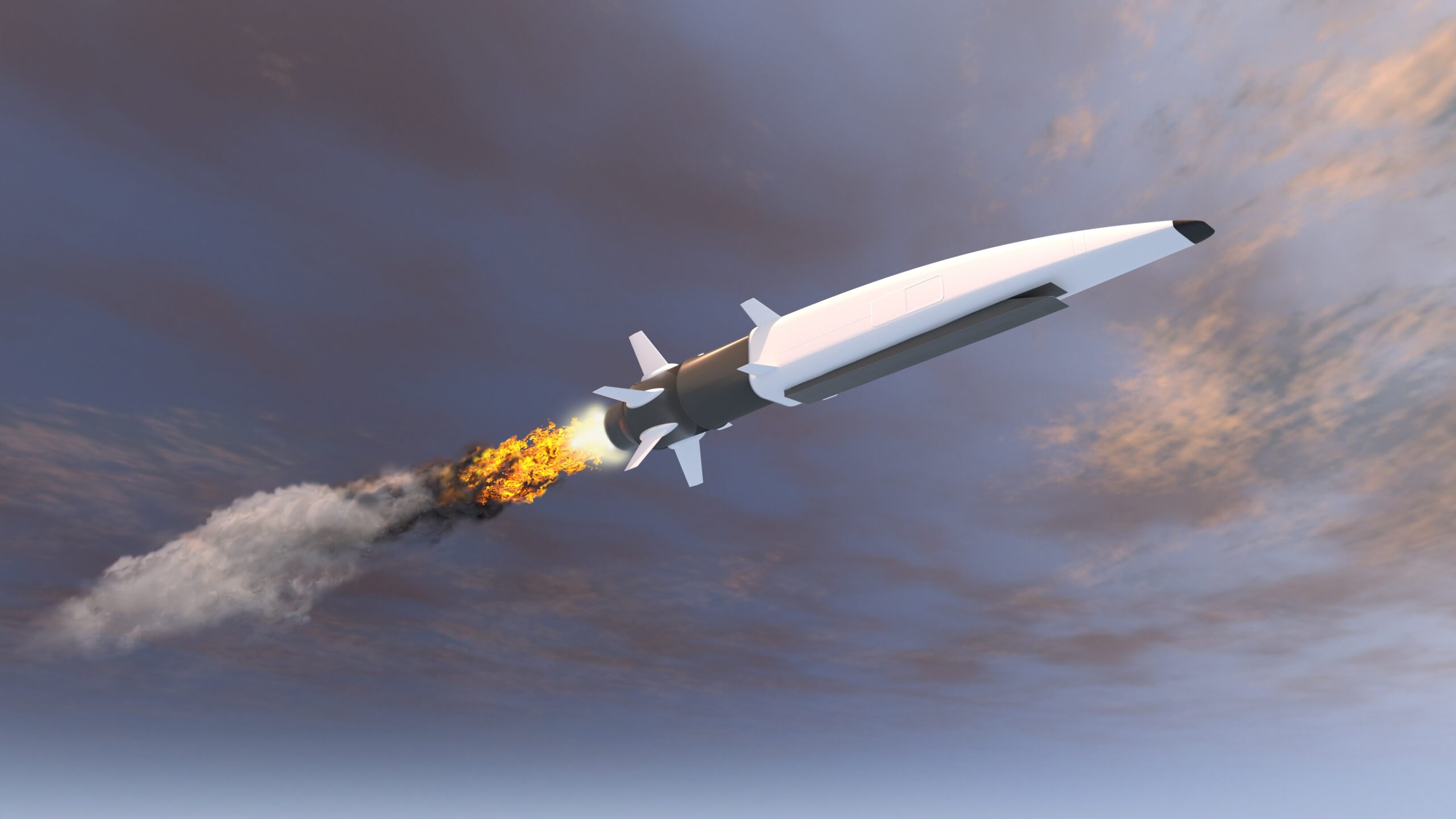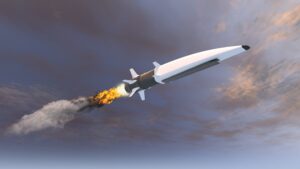The IDF helicopters flew low over the Mediterranean, evading Syrian radar.
By Hezy Laing
Recently the IDF declassified one of its most daring operations, a high-risk commando raid on September 8, 2024, targeting an Iranian-run underground missile production facility in northwest Syria.
Codenamed: Operation Many Ways, the mission involved 120 Israeli special forces, including 100 from the elite Shaldag unit and 20 from Unit 669, transported by four CH-53D Yasur helicopters.
The facility, known as Deep Layer, was part of Iran’s Scientific Studies and Research Center (SSRC) network and was intended to supply precision-guided missiles and long-range rockets to Hezbollah and the Assad regime.
Located in the Masyaf region, west of Hama, Deep Layer was buried 230 to 430 feet underground, making it impervious to airstrikes.
The site featured a horseshoe-shaped layout with three entrances and 16 assembly rooms.
Though not fully operational, it had already produced two test missiles and was expected to manufacture 100–300 missiles annually.
The operation was meticulously planned over months, with extensive intelligence gathering.
The helicopters flew low over the Mediterranean, evading Syrian radar, and reached the site 18 minutes after crossing the coastline.
Air support included 21 fighters, 14 reconnaissance aircraft, five drones, and two AH-64 attack helicopters, with 30 additional aircraft on standby.
Upon landing, commandos secured the perimeter, killed two guards, and deployed a surveillance and armed drone.
They used forklifts and a quad bike to transport 660 pounds of explosives through the tunnels.
After rigging the site, they retreated and detonated the charges remotely.
The IDF reported 30 enemy casualties, while Syrian media claimed 14 dead and 43 wounded. The entire ground operation lasted 2.5 hours.
Recovered items included a planetary mixer, weapons, and intelligence documents, now under investigation.
Prime Minister Benjamin Netanyahu hailed the raid as “one of the most important preventive operations” against Iran’s regional ambitions.
The IDF emphasized its readiness to conduct similar missions, even against hardened targets in Iran.
Following the collapse of the Assad regime, Israel publicized the raid to signal its strategic reach and deter future threats.
Netanyahu later warned Iran’s remaining proxy, the Houthis, that “those who strike Israel will pay a very heavy price.”
The operation showcased Israel’s capacity for deep, complex, and precise military action far beyond its borders.


